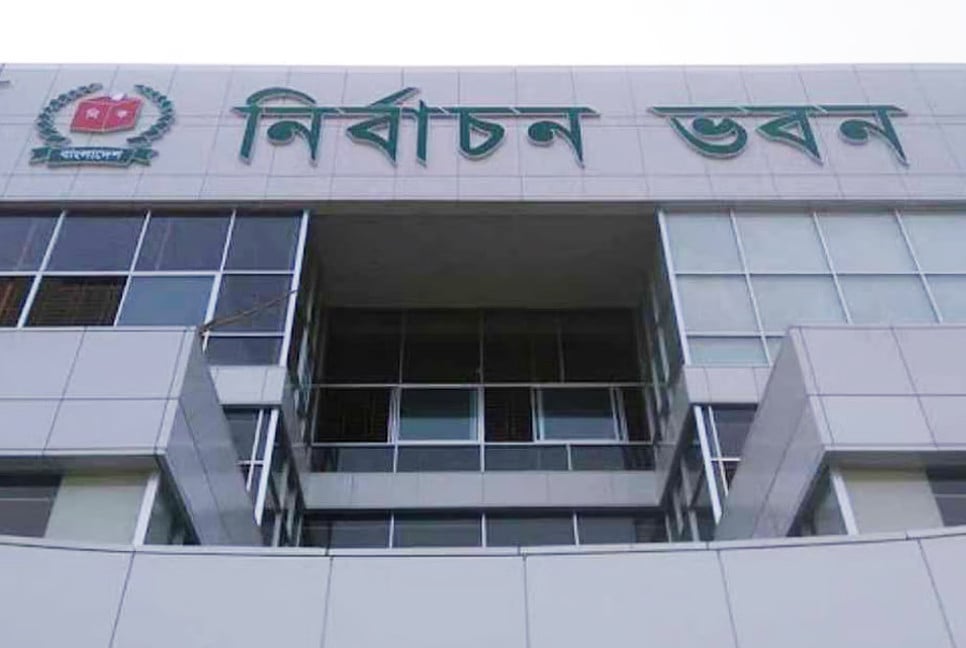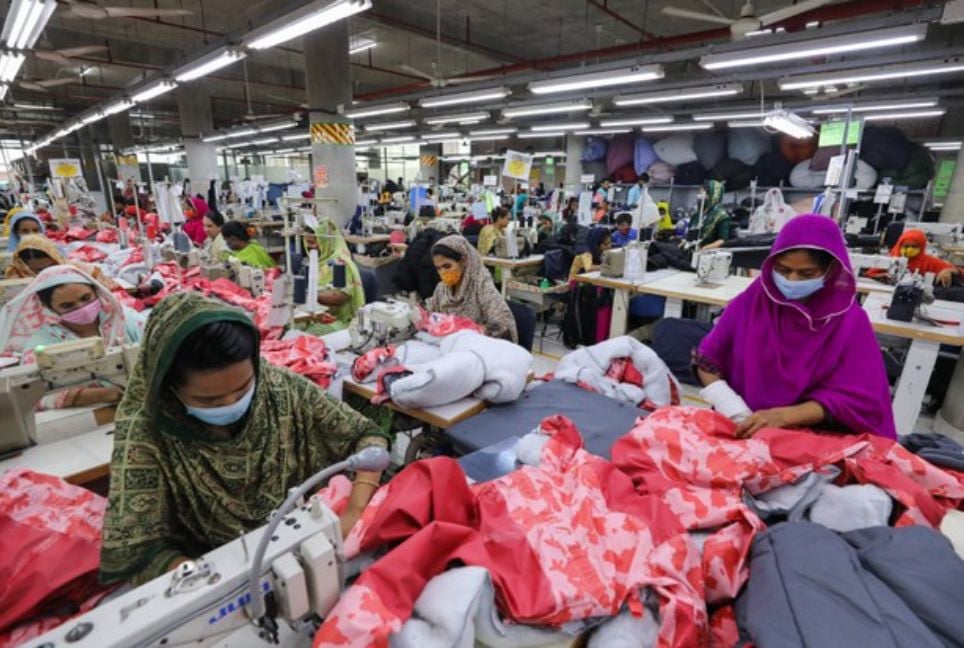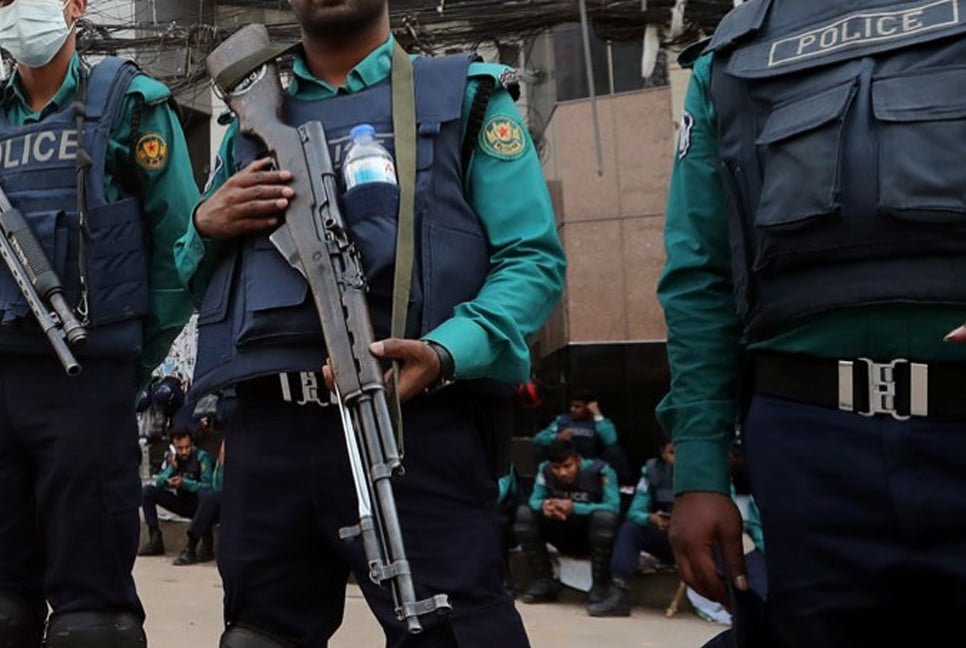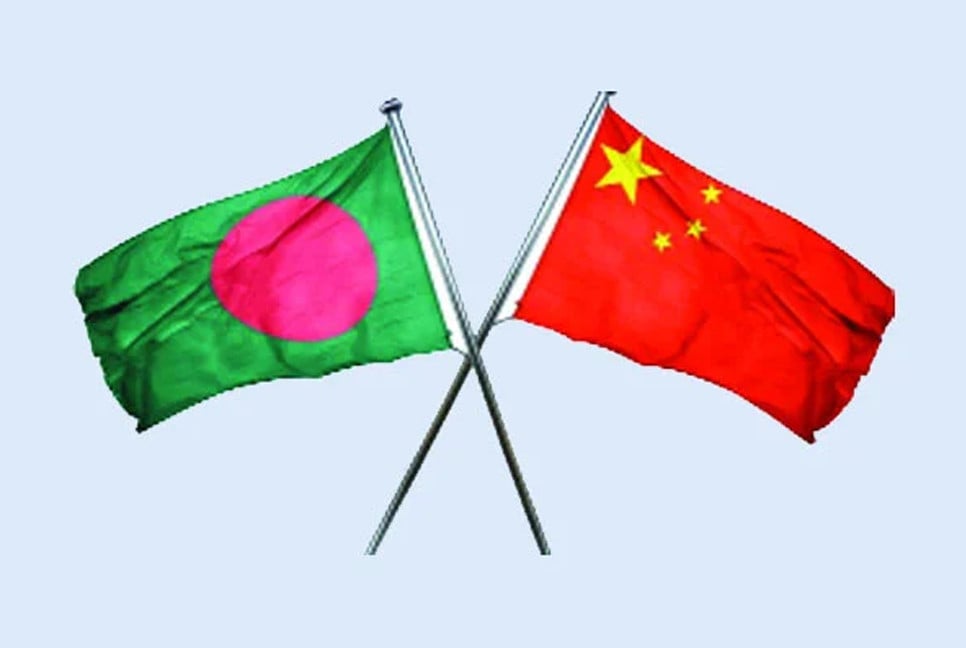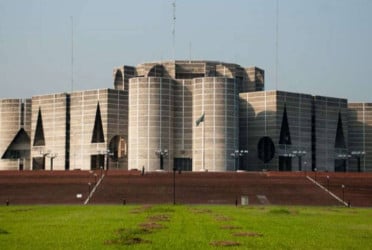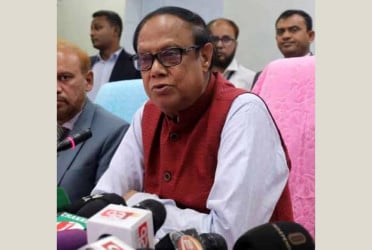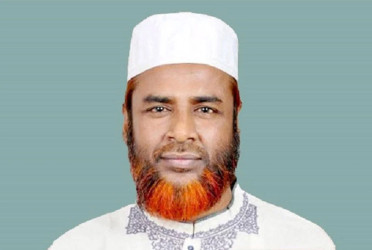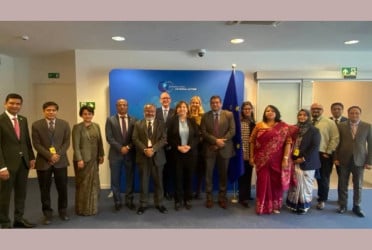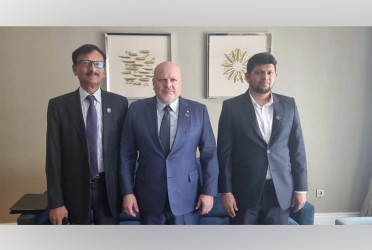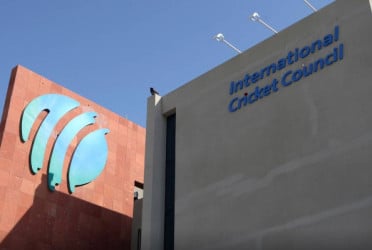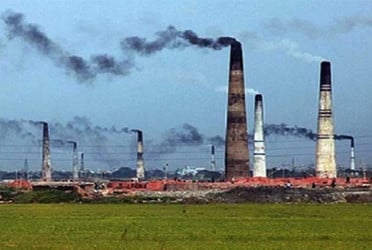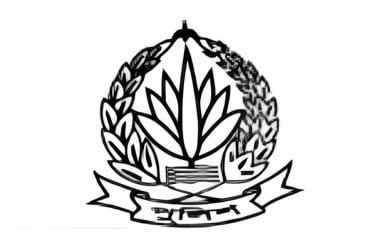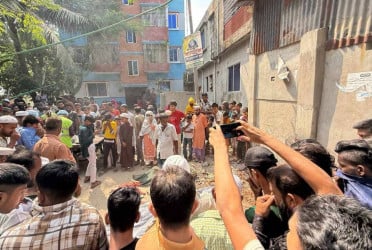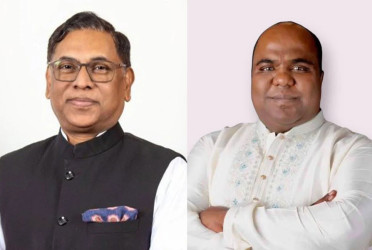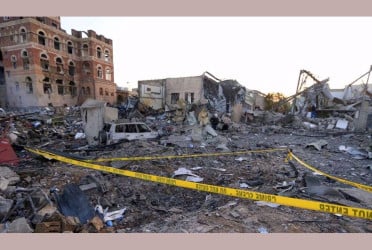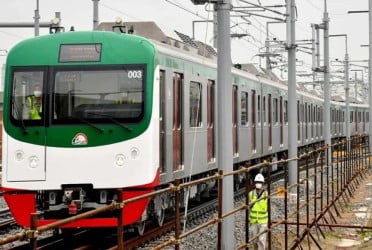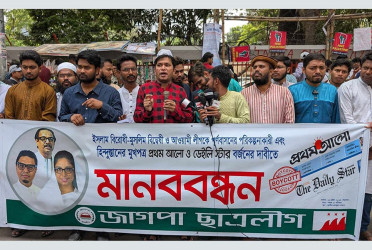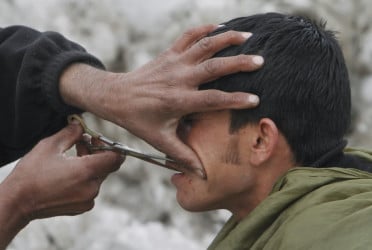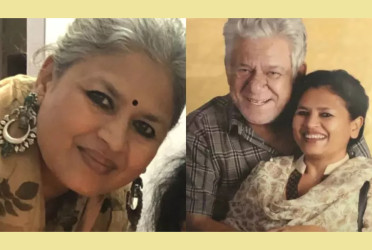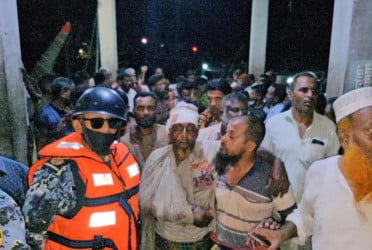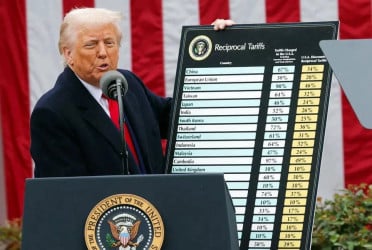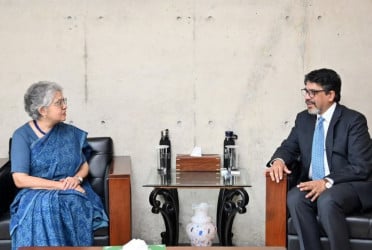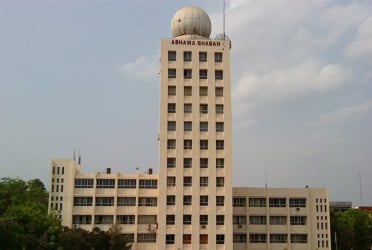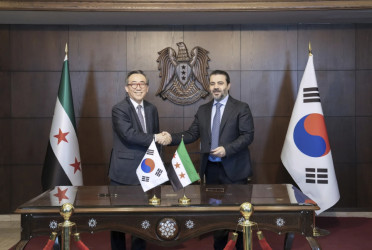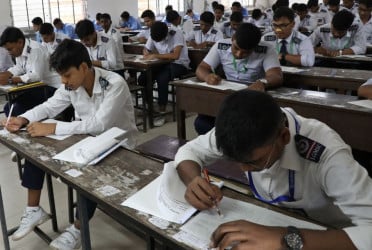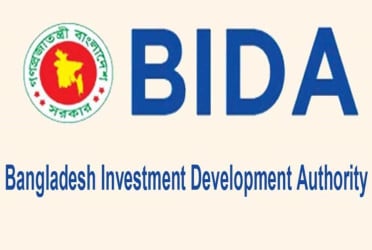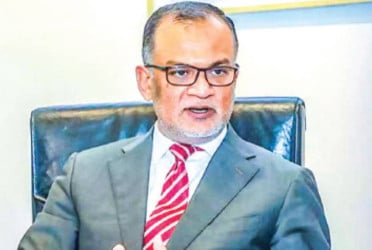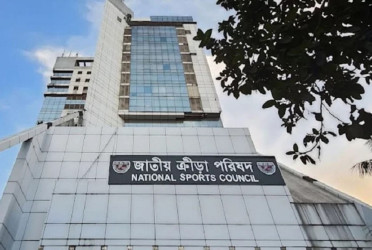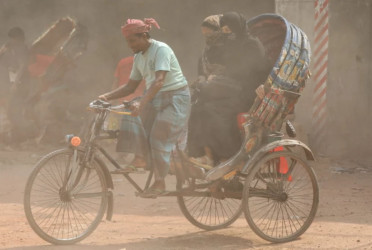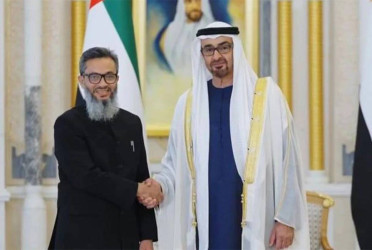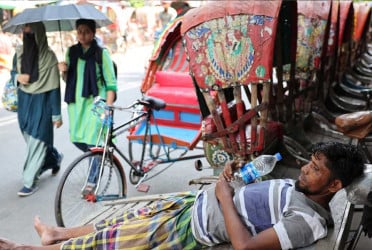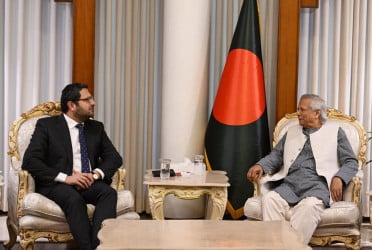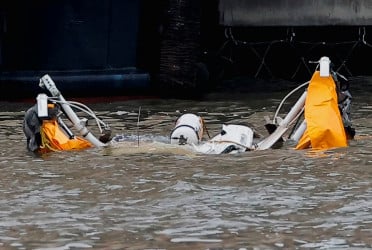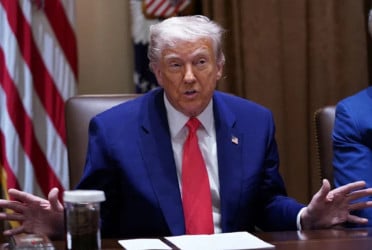During the ousted Prime Minister Sheikh Hasina led government, the country was transformed from “sycophancy” to the systerm of “burglary”. Everything, including the legislature and the executive was involved in the heinous process.
On the other hand, regardless of professions including politicians, businessmen, and bureaucrats whether in uniform or not, were associates of the theft, and bureaucrats were leading them.
Banking sector was affected badly due to the corruption as a large part of the illegal money has been laundered. An estimated 3.5 percent of total GDP has been laundered yearly, averaging of $16 billion every year.
However, some of the looted money still remains in the country.
The committee responsible for the “White Paper on the State of Bangladesh Economy” has shared its observation in media briefing on Monday at NEC conference hall of Bangladesh Planning Commission in Agargaon in the capital. On the previous day of the briefing, the committee chairman Dr Debapriya Bhattacharya placed the 400-page repost before the chief adviser Dr Muhammad Yunus.
Among others, dean of Business and Economics faculty at EWU Dr AK Enamul Haque, professor of BUET M Tamim, distinguished fellow of CPD Dr Mustafizur Rahman, professor of Economics at DU Selim Raihan, professor of Economics at JnU Sharmind Neelormi, renowned economist Dr Zahid Hussain, professor of Development Studies at DU M Abu Yusuf, founder chair of RAMRU and former professor Political Science at DU Tasnim Siddiqui, CEO of BILD Ferdous Ara Begum, executive director of BRAC Institute of Governance and Development (BIGD) Imran Mateen, and senior research fellow at BIDS Kazi Iqbal were present.
The briefing highlighted the information in the “White Paper” and the verdict of the public hearing, and named development projects as the second most corrupt sector after the banking sector, energy as the third, and information technology (ICT) as the fourth. After bureaucrats, politicians were mentioned as the second most corrupt and business groups as the third most corrupt group in the country.
In response to a question, the committee chairman said: “We presumed that the politicians will be most corrupt person, however, bureaucrats have emerged as the most corrupt group of the country; this is the opinion of public hearings.”
He added that the report was made by establishing a connection with people.
Debapriya Bhattacharya said: “A “system of burglary” was developed through smuggling and looting, originating from 2018 elections. Therefore the three rigged elections during the AL regime helped in developing the system.”
“Transparency has been destroyed in the subsequent elections and the accountability of the local government also been destroyed. The function of civil society has been narrowed,” he said, adding: “Some foreign powers got involved in the process by praising unnecessarily.”
He said: “The next six months, especially the time before the next election is very important for the government. It should publish an action plan on what kind of economic reforms will be carried out until then.”
The committee chairman recommended for “medium-term plan” to revive the county’s economy, and said: “This plan should be adopted for two years.” The government should place a plan before the country on what initiatives will be taken in the next six months, he said mentioning that the interim government should highlight the reform initiatives that came into effect in the last five months.
Mr Bhattacharya thinks that the government in some cases steps back and forth. He said: “It is necessary to clarify the inflation and bank lending rate for the sake of the economy.” If the investors don’t understand what waits in future, then there will be a problem.
With the recommendation of biennial plan, Debapriya highlighted the need for forming a development forum. He said: “The government should present its plan to four groups- development partners, countries that provide export facilities, foreign investors and countries where we export human resources- by inviting them to the forum.”
“Country’s economy is in serious state,” he said, adding that without economic, political stability is a must for the implementation of reform initiatives. He fears that if there is no stability within the country and the prices of goods are not under control, it will become dangerous for the government.
Dr Mustafizur Rahman said: “A lot of money has been laundered from the country through the implementation of megaprojects, but some of the looted money still remains in the country.” He recommended for discussion with the lenders to ease the loan repaying pressure.
Dr Zahid Hussain said: “The narrative of middle income country was a lie, and we have fallen into it. There are three ways out of it, ensuring macroeconomic stability, policy reforms and institutional accountability.”
Dr Selim Raihan said: “The government should focus on economic recovery. In order to overcome the investment situation, formidable initiatives should be takes in sectors that need reforms.”
CPD Sr. research fellow Towfiqul Islam Khan said that the development narrative and data used to establish it was flawed.
In response to a question, committee chairman Debapriya Bhattacharya said: “Data was the villain of the development narratives.” He added that the narratives were established using fake and fabricated data in GDP, export and inflation index.
Therefore, Bangladesh has fallen into the middle-income trap, he said, adding: “Along with corruption and looting, extreme inequality prevails in the country.”
“10 percent of the country people are enjoying 85 percent of the total wealth of the country.”
Mr Bhattacharya thinks that the government should be on the process of LDC transition despite the confusion in data and large-scale money laundering. He said: “Bangladesh is ahead of three determinates in the LDC transition- per capita income, human resource index, and economic fragility.”
Responding to a question on how realistic it is to be ahead in these factors despite faulty data, Bhattacharya said: “The government yet to admit the data error to the UN, Bangladesh is on the right track to transition from LDC.”
The UN still believes that the country’s economy is strong enough to exit the list of least developed countries. There is no obstacle on the way to becoming a developing country, he said, adding: “If a terrible mistake happens there will be a chance for correction.
Committee members’ response
Committee members responded to the report briefly during the press briefing on Monday. Dr AK Enamul Haque said: “23 to 40 percent of the country’s development project expenditure was embezzled or looted during the previous government’s tenure.”
Dr M Tamim said: “Contracts were made with foreign power companies without utilizing country’s own capabilities for the purpose of corruption.”
Dr M Abu Yusuf denied the declaration of the Board of Revenue about the number of TIN certificate- more than one crore. He recommended adding in the capital’s holding number into the TIN.
Dr Tasnim Siddiqui said: “The recruiting agencies charge excessive money for labor export as they smuggle about Tk1.3 trillion by “Hundi” in the name of visas buying.”
Dr Ferdous Ara Begum recommended investigation of small investments in BIDA as Tk4-10 lakh investment were registered during the previous government’s tenure.
Dr Sharmind Neelormi mentioned the embezzlement issues of the climate fund.
Dr Imran Mateen said: “The poverty alleviation rate shown is a way that the rate will increase and double again if people don’t go for work for two days.”
Translated by Bangladesh Pratidin English/ Afsar Munna


